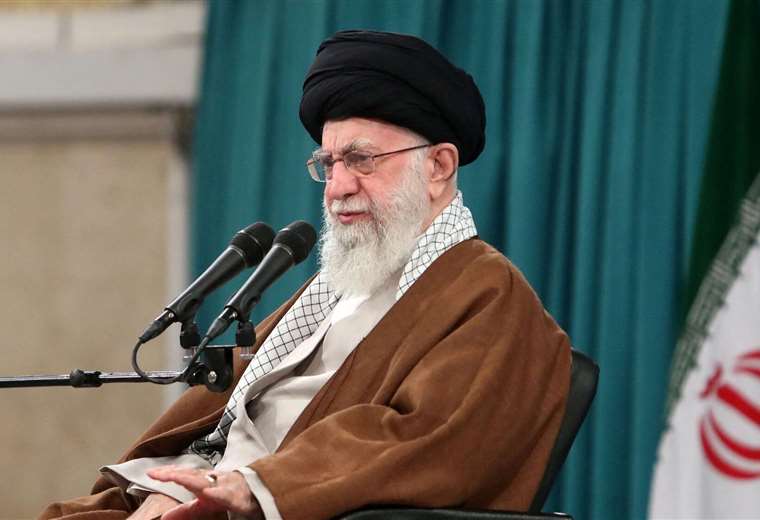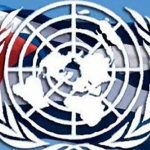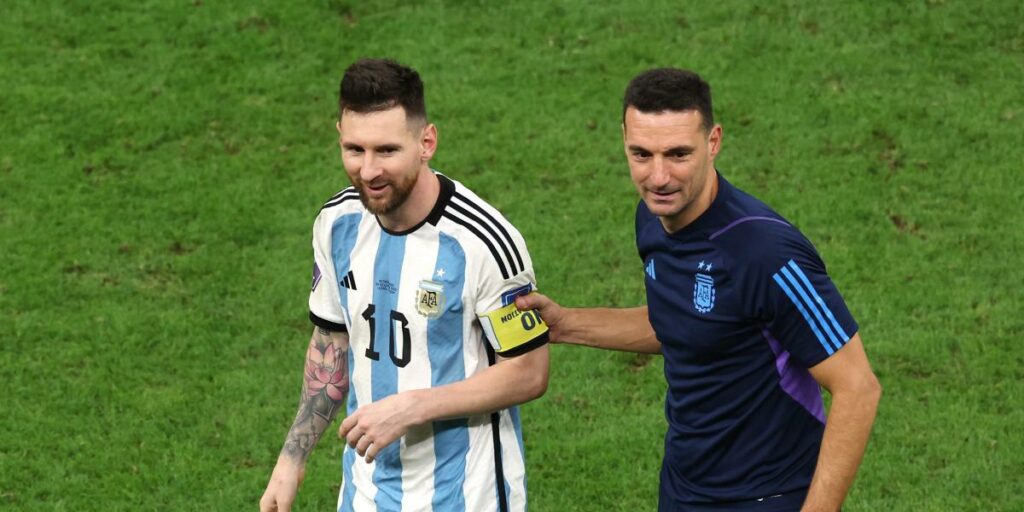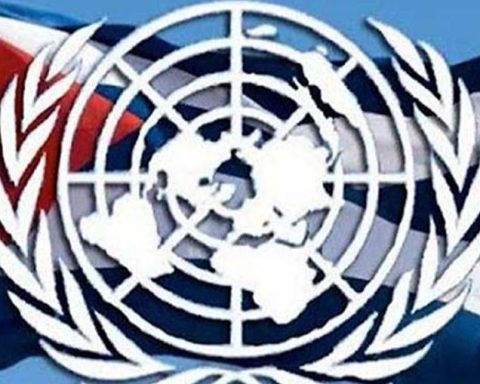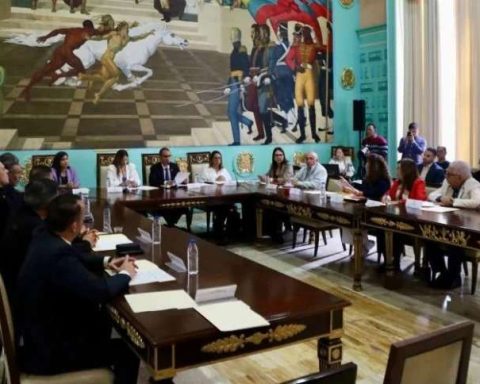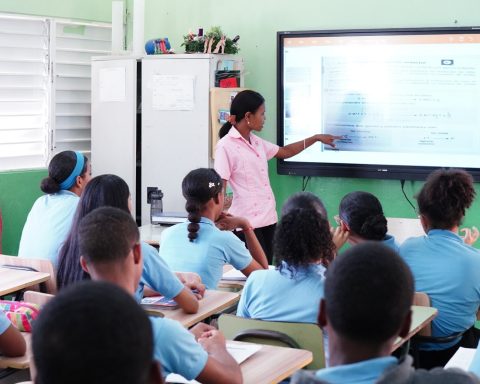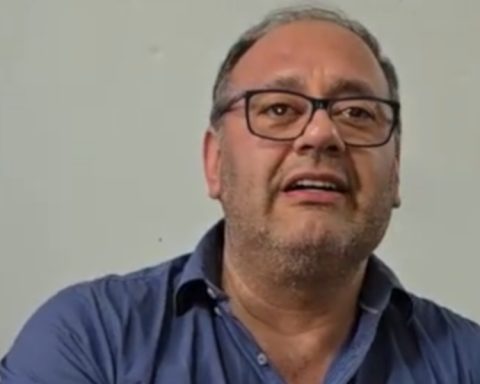May 20, 2024, 12:09 PM
May 20, 2024, 12:09 PM
The death of Iranian President Ebrahim Raisi in a helicopter crash paves the way for new presidential elections to be held in the country.
The disappearance of the hardline cleric, who has been in office since 2021, is not expected, however, to affect Iran’s political direction or shake the Islamic Republic in any significant way, as power ultimately rests with the Supreme leader of the country, Ayatollah Ali Khamenei.
But it will test a system in which the hardest line of the already conservative Iranian leadership It currently dominates all branches of power, both elected and unelected.
The Iranian constitution clearly states what to do if the president is unable to perform his duties due to illness, death, or impeachment and dismissal by parliament.
Following Raisi’s death, Supreme Leader Ayatollah Ali Khamenei has appointed former First Vice President Mohammad Mokhber to lead the country’s affairs.
The Iranian Foreign Minister, Hossein Amir-Abdollahian, also died in the accident, and must also be replaced.
Mokhber will organize, together with the heads of parliament and the judiciary, new presidential elections, which must be held within 50 days.
The last election was controversial, as all of the president’s serious rivals were banned from running, clearing the way for Raisi to take office.
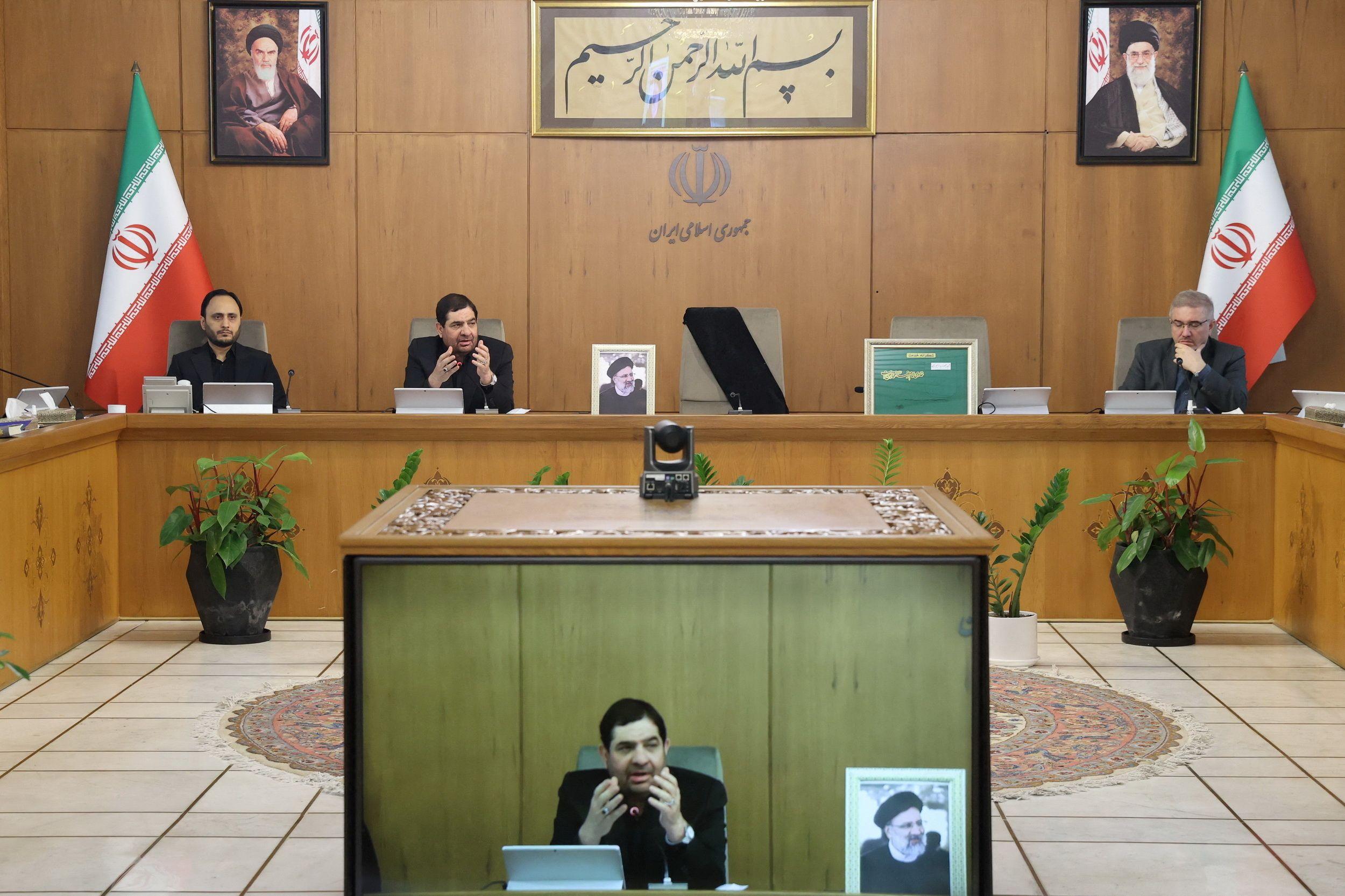
However, participation was low, since a majority boycotted the event considering that it was a rigged election.
Raisi’s death is also not expected to provoke changes in regional politics.
“Hezbollah, Iran’s main ally in Lebanon, has expressed its condolences, but its path of support for Iran will not be interrupted,” analyzes Lina Sinjab, BBC Middle East correspondent.
Both Raisi and his interim successor, Mokhtar, They come from hardliners and are considered close to Khameneiwho dictates the country’s foreign policy, so a turnaround is unlikely.
Who holds power in Iran
The most powerful figure in Iran is Ayatollah Ali Khamenei, the country’s supreme leader since 1989.
Khamenei, who is 85 years old and whose health has been the focus of great interest, is the head of State and commander in chief of the Armed Forces. He has authority over the National Police and the Moral Police.
The ayatollah also controls the Islamic Revolutionary Guard Corps (IRGC), in charge of the country’s internal security, and its volunteer wing, the Basij Resistance Force. The Basij have repeatedly repressed dissent in Iran.
The president, on the other hand, is the highest elected official and second in rank after the supreme leader. He is responsible for the daily management of the government and has great influence on domestic policy and foreign affairs.
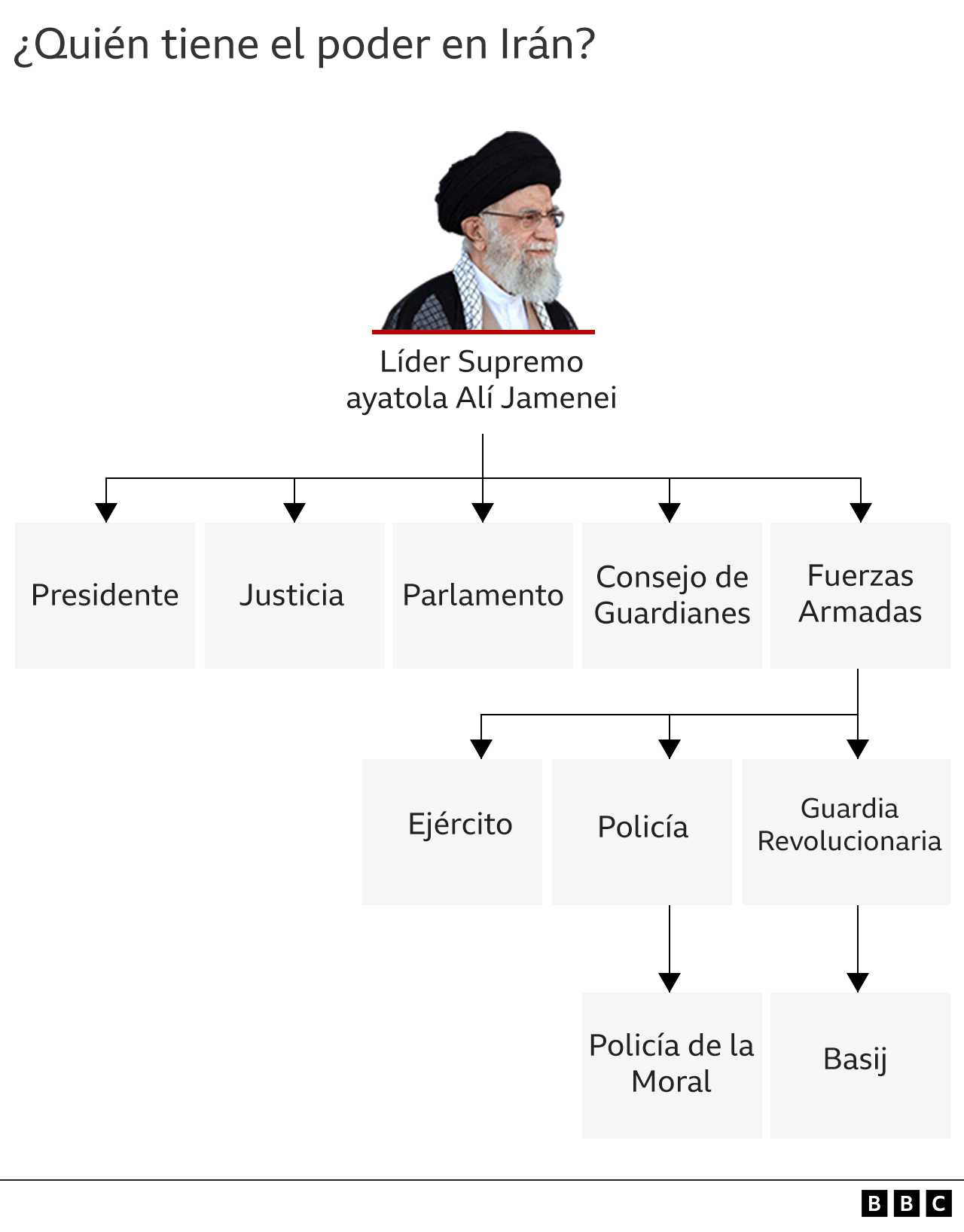
However, its powers are relatively limited, especially in matters of security.
Although the Interior Ministry, under the control of the president, formally heads the national police force, its commander is appointed by the supreme leader and answers directly to him. The same goes for the commander of the Revolutionary Guard Corps and the Basij.
The powers of the president can also be controlled by Parliament, the body in charge of making laws. At the same time, the Guardian Council – which includes close allies of the supreme leader– has the power to approve new laws and veto them.
What can happen now
After the death of Ebrahim Raisi, the machinery to replace him has been put in place.
“The system will make a big show of its death and follow constitutional procedures to show functionality, while seeks a new recruit who can maintain conservative unity and loyalty to Khamenei“Sanam Vakil, director of the Middle East and North Africa program at Chatham House, explained to the BBC.
Raisi was accused during his time as prosecutor of playing a decisive role in the mass execution of political prisoners in the 1980s, something he denied. His opponents now hope that the end of his government will hasten the end of this regime.
For Iran’s conservative rulers, the state funeral will be an emotionally charged occasion; will also be a opportunity to start sending your signals of continuityanalyzes the BBC’s chief correspondent, Lyse Doucet.
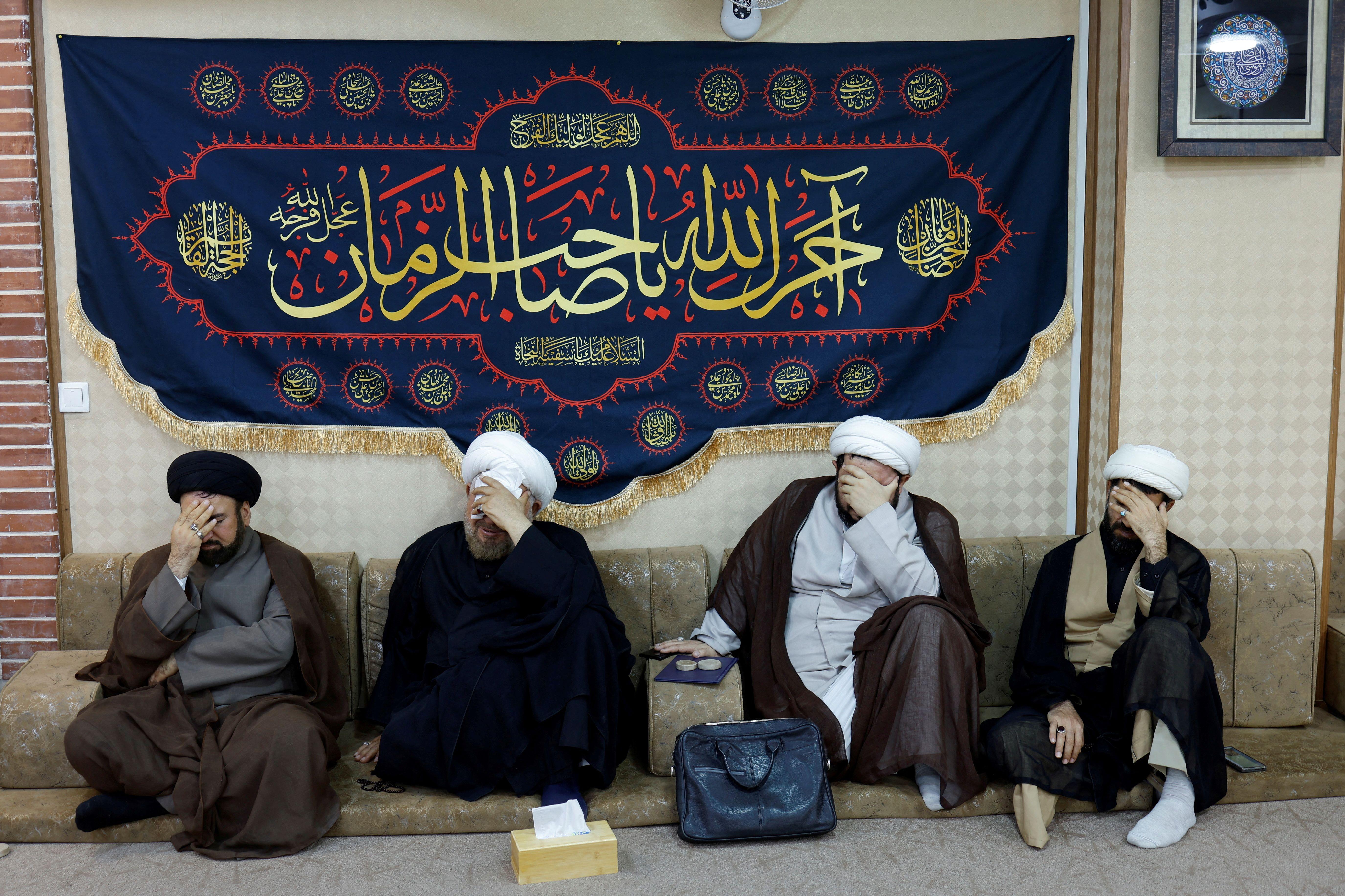
In addition to the presidency, Raisi also held a position in the so-called Assembly of Experts, the body that has the power to elect the new supreme leader the day that transition arrives, which will be much more transcendental for the country.
“Raisi was a potential successor because, like Khamenei himself when he became supreme leader, he was relatively young, very loyal, an ideologue committed to the system whose name was recognized,” Vakil assesses about this opaque selection process, in which there are believed to be several names in contention, including that of the supreme leader’s son, Mojtaba Khamenei.
The supreme leader himself, even before Raisi’s death was officially confirmed, tried to calm things down with a publication on disruption in the affairs of the country.”
The most immediate political challenge will be the holding of early presidential elections, while Mohammad Mokhber holds the position on an interim basis.
This call to the polls will take place a few months after the parliamentary elections that were held in March, in which a new low participation record in a country that once took pride in the enthusiasm that Iranians showed in the elections, argues Lyse Doucet.
Both the March elections and those in 2021 that brought Raisi to the presidency were, however, marked by the systematic exclusion by the oversight body of moderate rivals and supporters of implementing reforms in the country.
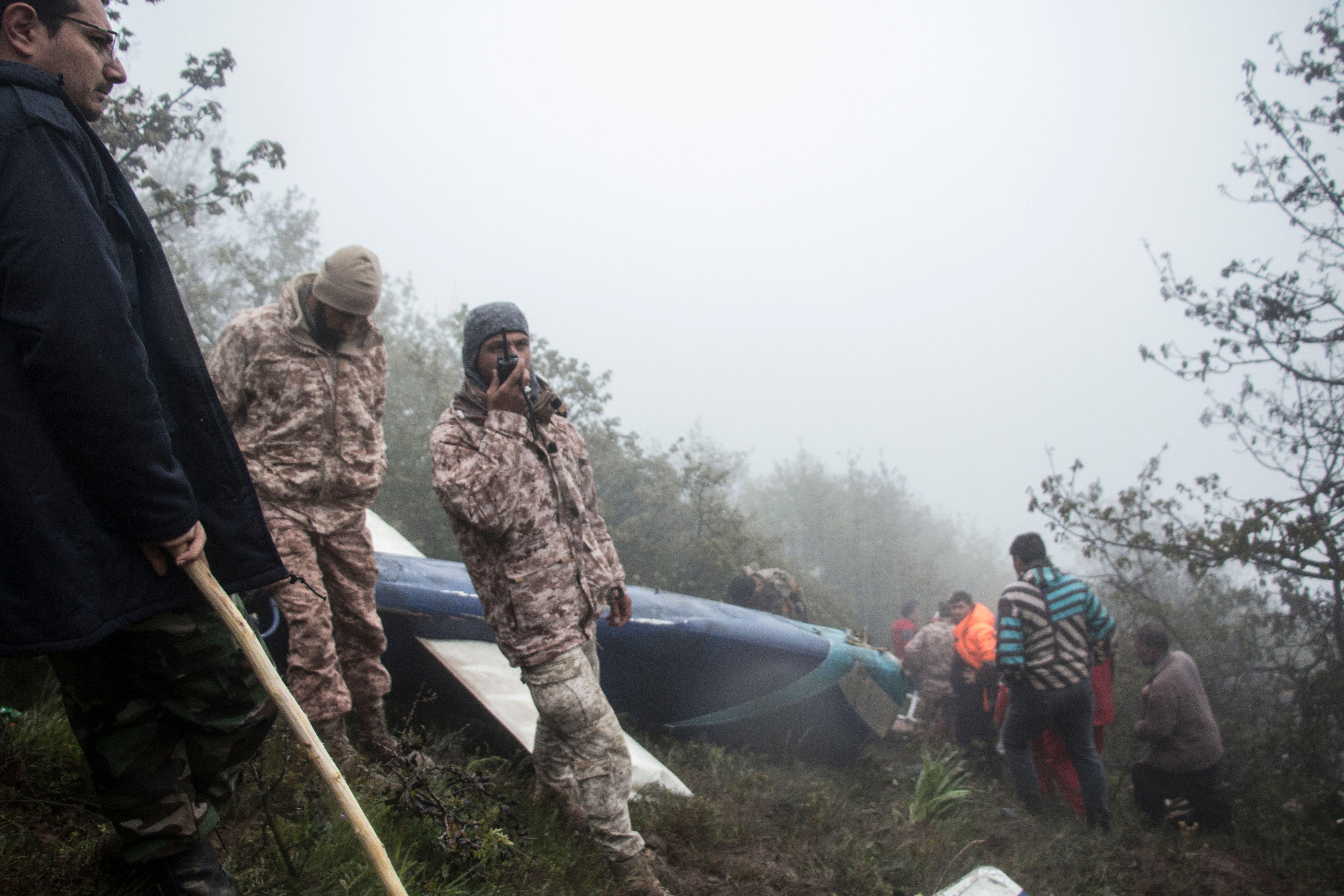
“Early presidential elections could give Khamenei and the upper echelons of the state the opportunity to reverse that trajectory and give voters a way back into the political process,” says Mohammad Ali Shabani, editor of the Amwaj.media news website. who spoke to the BBC.
“But, unfortunately, until now We have not seen signs that the State is prepared and willing to take that step“he adds.
For these upcoming elections there does not seem to be an obvious successor, not even within Raisi’s ranks.
“There are different sides within this conservative group, including individuals who are tougher and others considered more pragmatic,” analyzes Hamidreza Azizi, a visiting member of the SWP, a Berlin-based think tank, for the BBC.
This will intensify, according to the researcher, the current competition for positions within the new parliament and at the local level.
But the next presidential election is most likely to be unexciting, argues Parham Ghobadi, senior reporter for the BBC Persian service.
With Iran needing a new president in 50 days, “the same scenario of 2021 is likely to repeat itself, where a single hardliner, loyal to the supreme leader, will be qualified to run and win in a boring election” suspects Ghobadi.

And remember that you can receive notifications in our app. Download the latest version and activate them.
